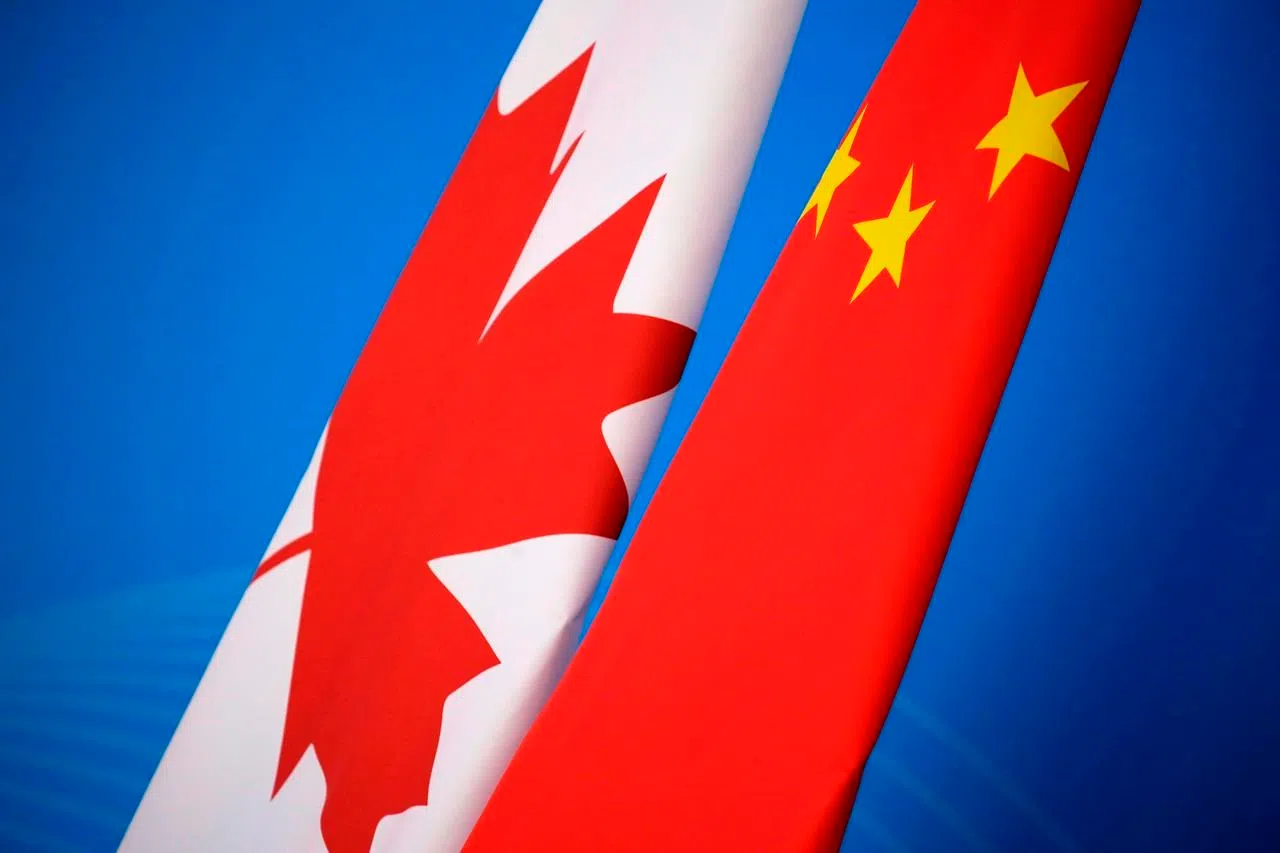
China acting ‘arbitrarily’ in imposing drug case death sentence: Trudeau
OTTAWA — Prime Minister Justin Trudeau says he’s very concerned to see China “acting arbitrarily” by applying the death penalty to a Canadian convicted of drug trafficking.
Canada will do all it can to intervene on Robert Lloyd Schellenberg’s behalf and Beijing’s actions should be worrisome for “all our international friends and allies,” Trudeau said Monday.
The development further strained already tense relations between Canada and China over the treatment of each other’s citizens by their respective justice systems. And rights organizations said it raises serious questions about possible political interference in China.
A court in Dalian in northeastern Liaoning province announced Monday evening that it had given Schellenberg the death penalty after reconsidering his case.


